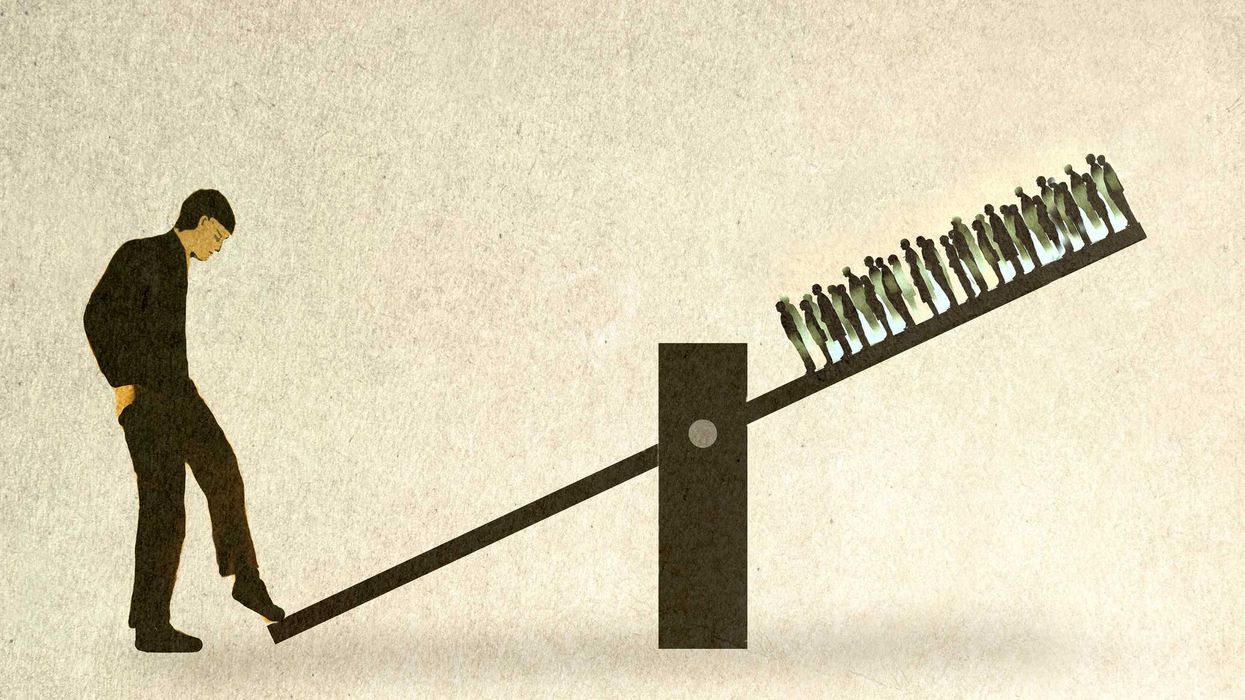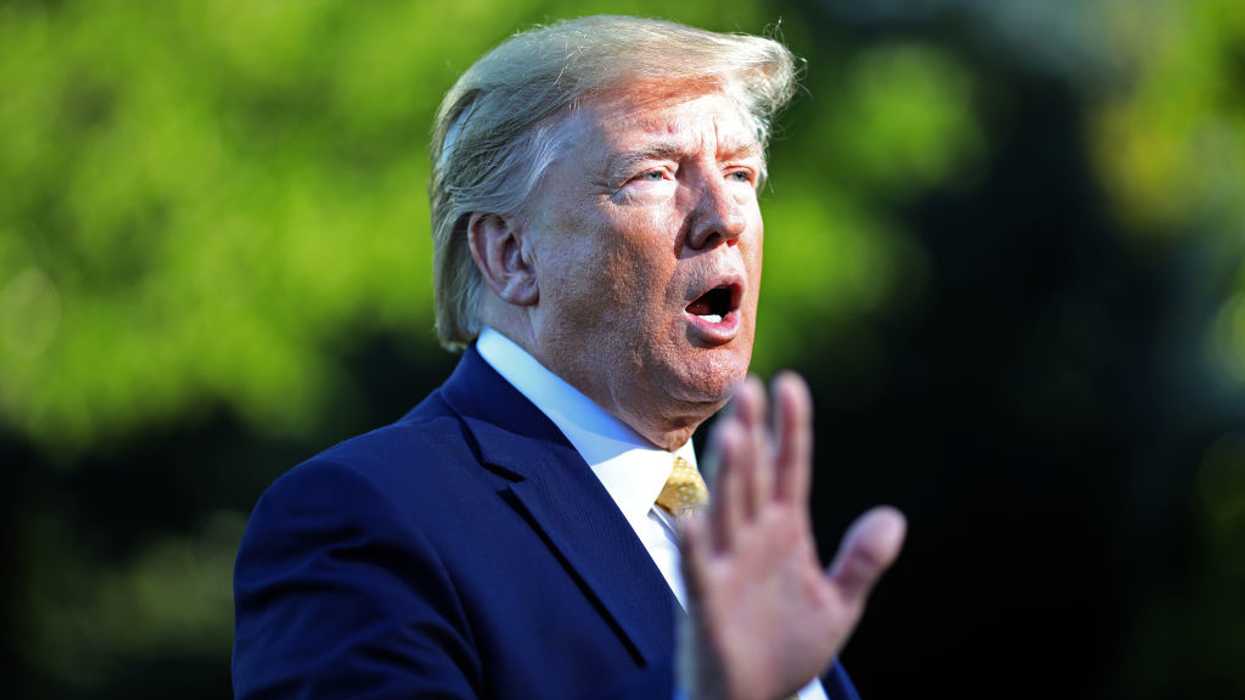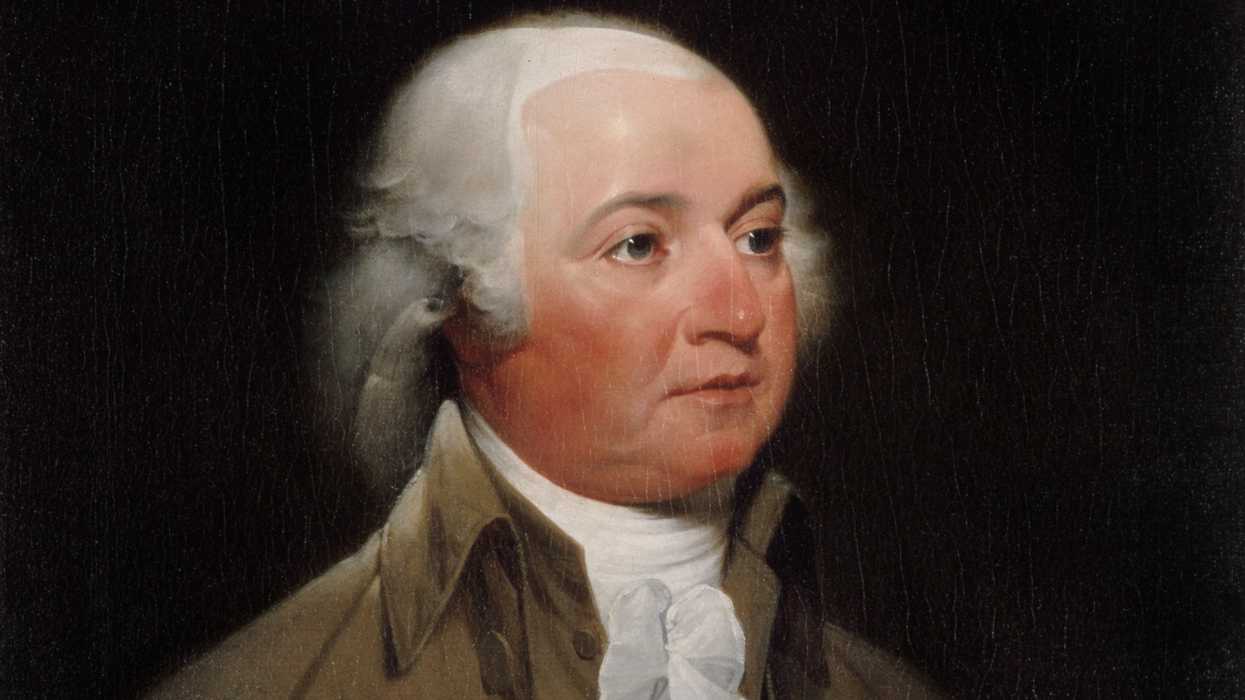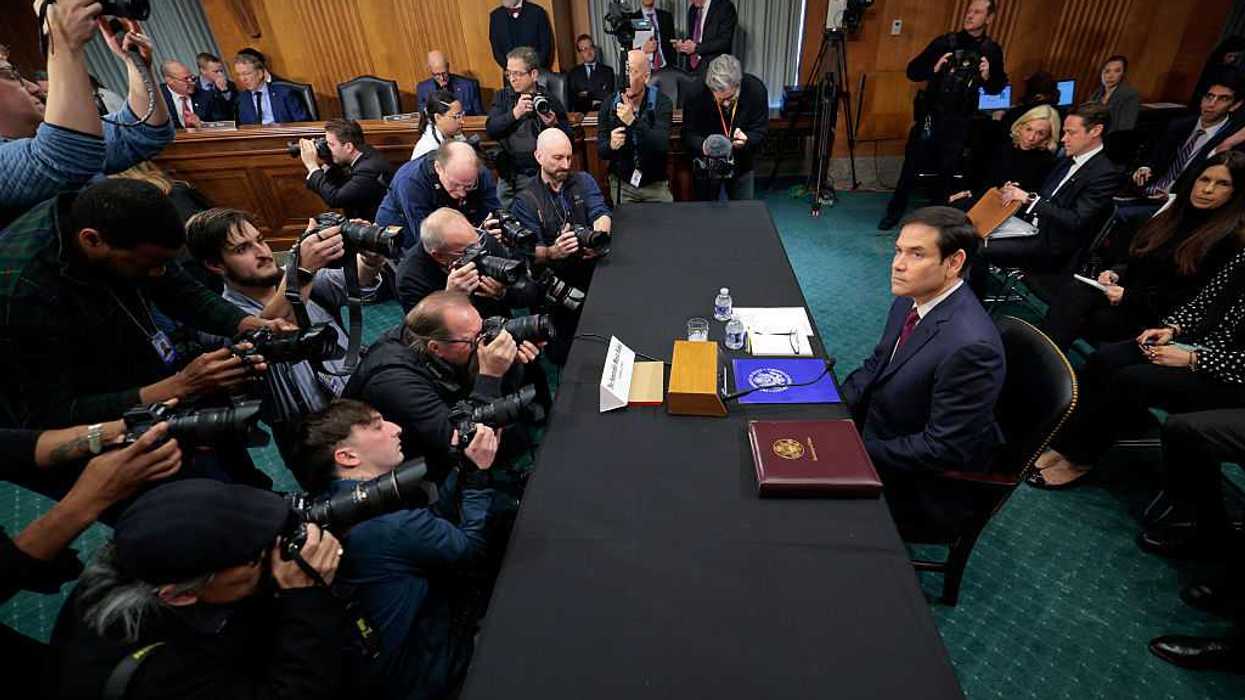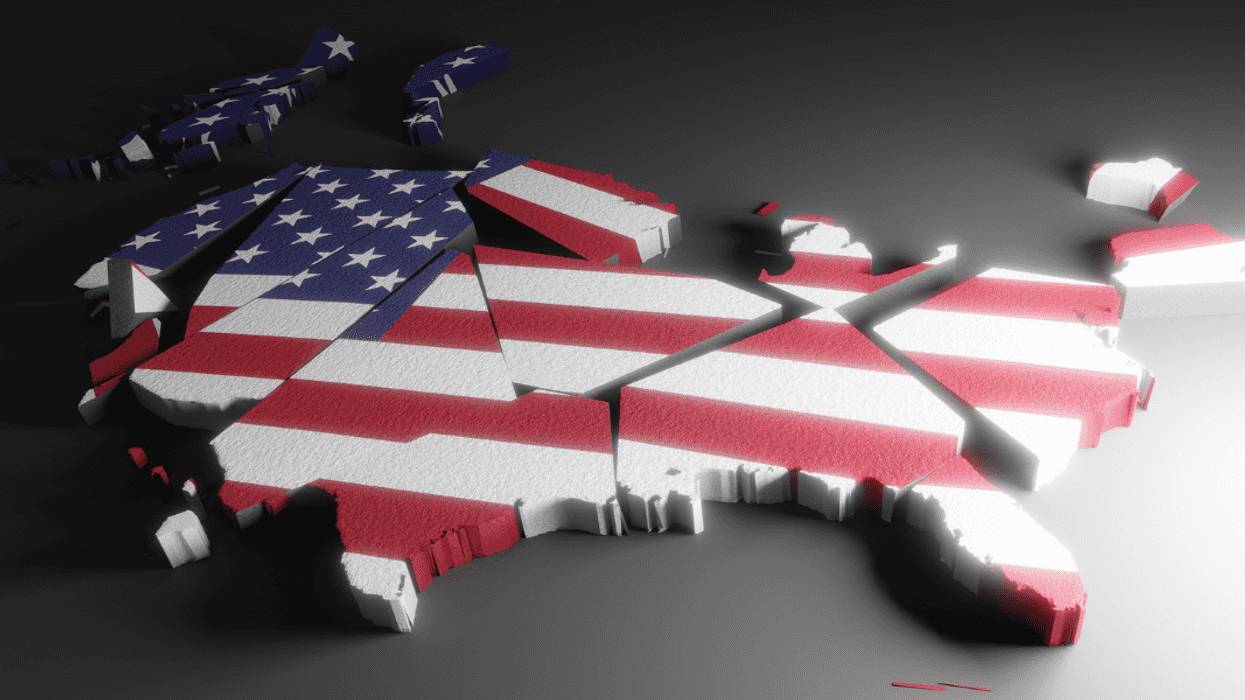The year is 501 BC, and the Roman Republic is threatened by a powerful enemy. Following a procedure recognized in Roman law, Titus Larcius is appointed to be Rome’s first dictator.
To deal with that threat, he was given virtually unlimited power for a fixed period of time. Dictators could rule without involving the public assembly or any other public officials. Their decisions were unreviewable and final.
They could punish whoever they wanted for any reason. They could order private businesses to serve the state or to close.
According to the historian Livy, Mamercus Aemilius Mamercinus↻—who would himself become a dictator—noted the liberties of Roman citizens were “most securely guarded when those who held great powers did not hold them long, and when offices which could not be limited in their jurisdiction were limited in their tenure.”
After having successfully dealt with the external threat, Larcius resigned as dictator. He did so before his term expired.
In later years, Roman dictators appointed themselves for unlimited terms. They proclaimed themselves tribunes of the people but were most interested in power and glory for themselves.
Julius Caesar was even named “dictator for life” before he was assassinated.
Unlimited power, unlimited tenure. Since Caesar, those have been the hallmarks of dictatorial regimes.
In the United States today, we see signs of the emergence of America‘s first dictatorship. But so far, many have been reluctant to use that term to describe President Trump and his administration.
Autocrat, authoritarian, maybe, but not dictator. The choice of language matters.
Many may not know what an autocrat or an authoritarian is, or why they are bad. A dictator has much more resonance.
As Perry Bacon urges, it is time for the media, the Democratic Party, and others who wish to oppose the erosion of democracy to tell a single story focusing on “Trump’s dictatorial tendencies.”
Without that, the American people will not be galvanized to push back in a sustained and effective way.
The clock is ticking.
As The Atlantic’s George Packer writes, the emerging dictatorial regime “asks very little of the people.” It “keeps the public content with abundant calories and dazzling entertainment, its dominant emotions aren't euphoria and rage, but indifference and cynicism.”
Unless we can rouse ourselves and put the preservation of democracy and the rule of law at the top of our priorities, President Trump may get to be a dictator and not just on “Day 1.”
Indeed, some of his most ardent supporters are now calling on him to assume dictatorial powers. Last month, Laura Loomer, one of the president’s most influential allies, said, “I do want President Trump to be the ‘dictator’ the Left thinks he is.”
She added, “I want the right to be as devoted to locking up and silencing our violent political enemies as they pretend we are. I’ve had enough of the Left only thinking we will defund them, prosecute them, lock them up, and dismantle their power for generations to come. It just needs to happen.”
The president has taken note of such comments. He recently observed, “A lot of people are saying, ‘Maybe we like a dictator,’” though he insisted, “I’m not a dictator. I’m a man with great common sense and a smart person.”
Such denials are common in contemporary dictatorial regimes. And as Princeton University Professor Kim Lane Scheppele notes, “Most modern dictators try to hide their aspirations….”
“[L]eaders such as Russia’s Vladimir Putin, Hungary’s Viktor Orbán, and Turkey’s Recep Tayyip Erdoğan,” Scheppele explains, “have gone to ‘great lengths’ to avoid looking like ‘20th-century dictators’ in the hopes they can avoid the label.”
“Not a dictator.” You would never know it from what he has done since he returned to the Oval Office in January.
Examples are legion. Just ask Jim Comey or Jimmy Kimmel, the residents of Los Angeles, Washington D.C., or maybe Portland, Oregon.
In addition, on Sunday, Sept. 28, the Washington Post reported that, “The White House is developing a plan that could change how universities are awarded research grants, giving a competitive advantage to schools that pledge to adhere to the values and policies of the Trump administration on admissions, hiring, and other matters.”
If this policy is implemented, “To get a grant, you [will] need to not demonstrate merit, but ideological fealty to a particular set of political viewpoints.”
In our emerging dictatorship, it seems that doing what the president tells you to do is necessary for survival. As Andrew Sullivan argues, Trump is like “a wild boar—psychologically incapable of understanding anything but dominance and revenge, with no knowledge of history, crashing obliviously and malevolently through the ruined landscape of our constitutional democracy…[because he] cannot tolerate any system where he does not have total control.”
Surveys suggest that a majority of the American people worry that Sullivan is correct. In March, 52% of the respondents to a national poll agreed that Trump is "a dangerous dictator whose power should be limited before he destroys American democracy."
In addition, the New York Times reported that many young voters who voted for Trump in 2024 now regret doing so. When asked for the first word that came to mind when they think of the president, one of them replied, “The way that he’s been handling things recently, dictatorship.”
Not surprisingly, the view that the president is a dictator is much more prevalent among Democrats than among Republicans. Indeed, “81% of Republicans surveyed said they still believe that ‘Trump is a strong leader who should be given the power he needs to restore America's greatness.’"
Conservative commentators insist that “Donald Trump’s U.S. is far from a dictatorship.” As Niall Ferguson explains, the “‘imperial presidency’ long predates Trump.” It dates back, at least, to “Franklin Roosevelt’s… New Deal…power grab by the executive branch.”
Moreover, he argues, “The prelude to dictatorship is often civil war or anarchy. Americans may be polarised, but they are not at war with one another.”
“The serious student of history,” Ferguson adds, “knows that the United States today is a very long way from Italy in 1927 or Germany in 1938. And now, as then, it seems much more likely from a geopolitical standpoint that the U.S. will end up in conflict with the truly authoritarian regimes than fighting alongside them.”
I wish I could agree with Ferguson, but I can’t.
The presidents he cites were driven by an ideological agenda. Trump is not. They did not seek to control culture, industry, and entertainment. Trump does. They did not seek to prosecute and jail people who opposed them. Trump does.
As to who we will fight alongside, it is not clear whether it will be Russia and Saudi Arabia or Canada and Mexico.
That’s why I think that America’s first dictatorship is emerging.
At this point, there are two mistakes we can make. We can act as if that regime is emerging, and organize to resist it, only to be proven wrong.
Or we can act as if a dictatorial regime is not emerging, and do nothing, only to wake up one morning to learn that Trump, in a Caesar-like gesture, has pronounced himself “president for life.”
The survival of liberty and democracy depends on choosing to make the right mistake.
Austin Sarat is the William Nelson Cromwell professor of jurisprudence and political science at Amherst College.





